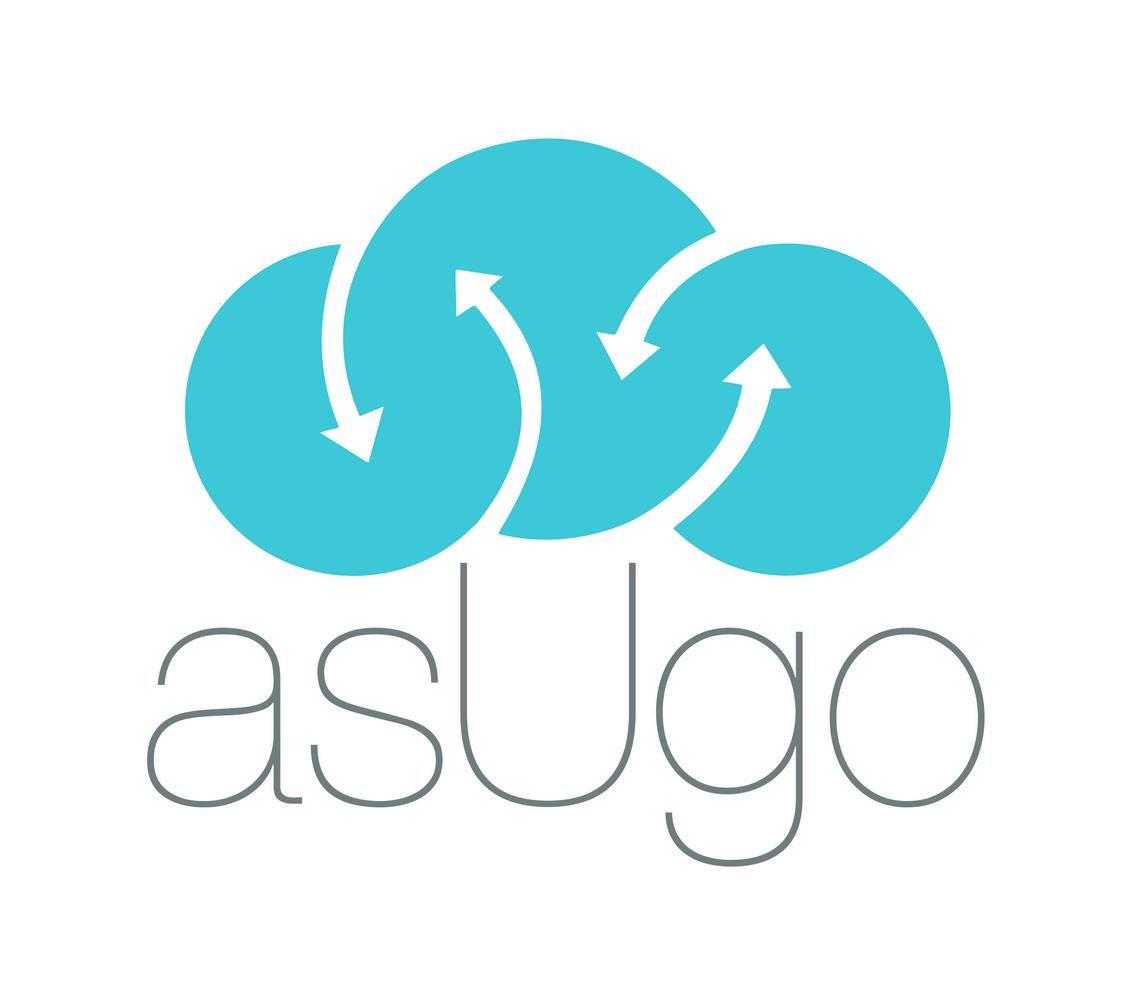

Voices of the Community
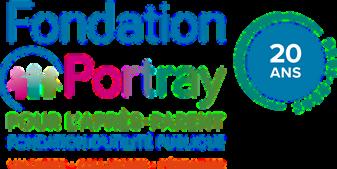
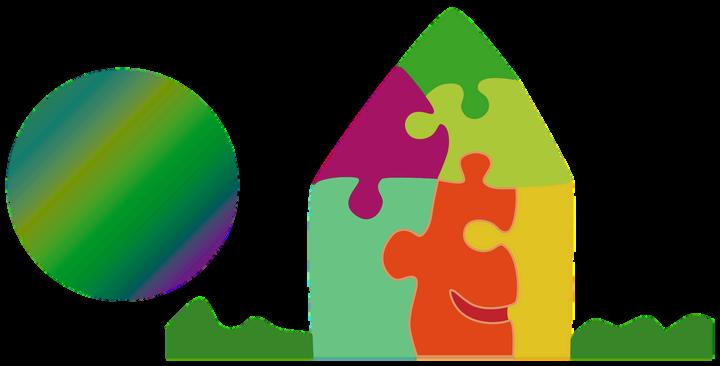

At asUgo, we believe every social profit organisation has a powerful story to tell, and we are eager to help amplify those voices.
Today, we had the privilege of interviewing Pascale Gonda from
Fondation Portray pour l’après-parent, which has been creating inclusive housing projects and fostering autonomy for nearly two decades
Fondation Portray pour l’aprèsparent exists since 20 years. How did your organisation get where you are now?
The Foundation has been founded in 2005. While the initial vision is still the same (support the quality of life of disabled people after their parents are gone), it has taken several shapes: guiding people, creating housing projects etc.
Finding the right type of housing has been a recurring topic amongst familiesespecially for those that are able to live in guided autonomy. This triggered the question on what format would be most suitable
In the early 2010’s, we received an important legacy. This allowed us to develop our first living space, in Court-
Saint-Etienne
It has become a real incubator On the one hand, we learn based on the feedback from the people On the other
hand, we gained solid experience in the financing of such projects, partnerships with professionals, social real estate agencies and the likes.
This helped to mature our holistic vision for the creation of new living space It also nurtures our conviction that families can be involved, beyond the social housing formula
Can you gives us some examples?
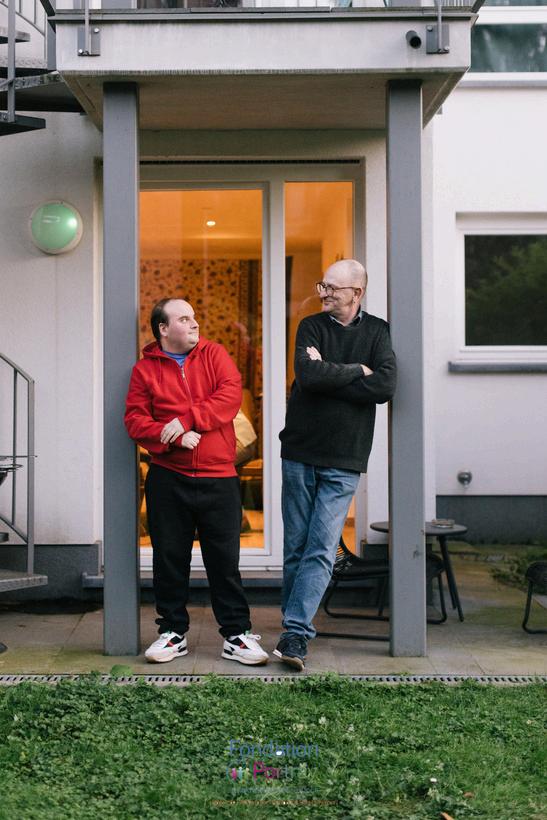
Fondation Portray acts as a ‘benevolent owner’ (propriétaire bienveillant / goedaardige eigenaar). That comes with a real commitment, in line with our status of Public Utility Foundation We ensure the quality of life of our tenants, in our relations with them We are committed to supervising each house in partnership with the professionals
The dynamic goes therefore (far) beyond the building and management of the houses as such There are also teams
that will look for fitting groups and families During those meetings, the Foundation and supporting people help
to work on the plans
This dynamic unfolds differently in every location
In Marche-en-Famenne, for example,
they met every 6 weeks with the
architect to dream and shape the
project This plants the roots for solid
cohesion between involved parties It
allows to live the project differently
In Fosses-la-Ville, we bought a fully
renovated house There was no preconsultation This means that we had to put more energy in nurturing the human dynamic afterwards
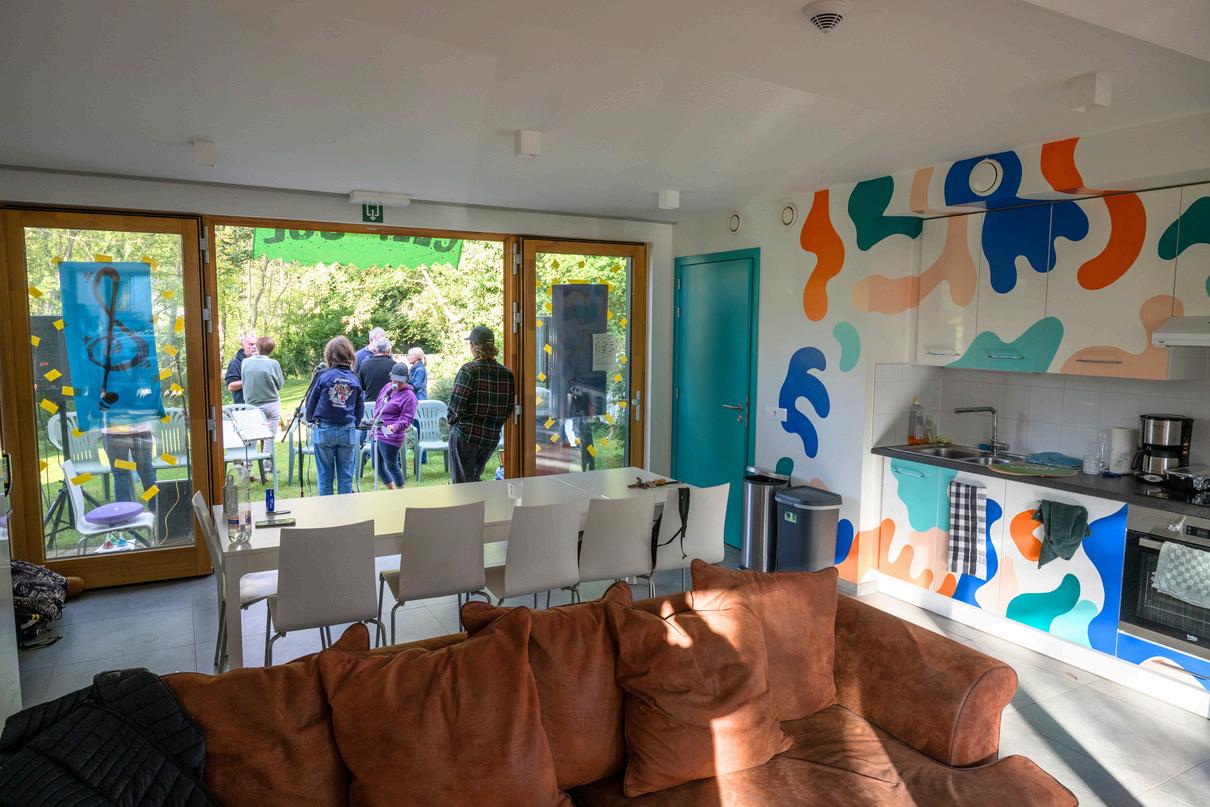
The differences between each location
is also visible in the involvement of our
teams We always try to be present and
to listen, while respecting the identity of
the location and the people To support
the dynamic, we also work with artists such as musicians, sculptors But in the end, the goal is not to be there with them all the time Autonomy remains the priority
Since 10 years, you create solidarity based inclusive living space. What have been the major evolutions ? How do you see the future?
The last years, the number of houses
has grown a lot Now we are developing
5 new projects in Brussels (Watermael-
Boistfort, Woluwé-Saint-Lambert) and Wallonia (La Louvière, Marche-en-
Famenne, Wavre
And there is more to come The last 2 years, for example, the number of inhabitants has doubled To support this, we recruited several partial FTEs We want that those projects create quality, and that people living in those spaces receive all equal attention
The model has matured a lot It is really showing its relevance It is however not our ambition the keep this expertise only for us It is a means to more We are exploring how to share this expertise to enable collective impact
The model has matured a lot It is really showing its relevance.
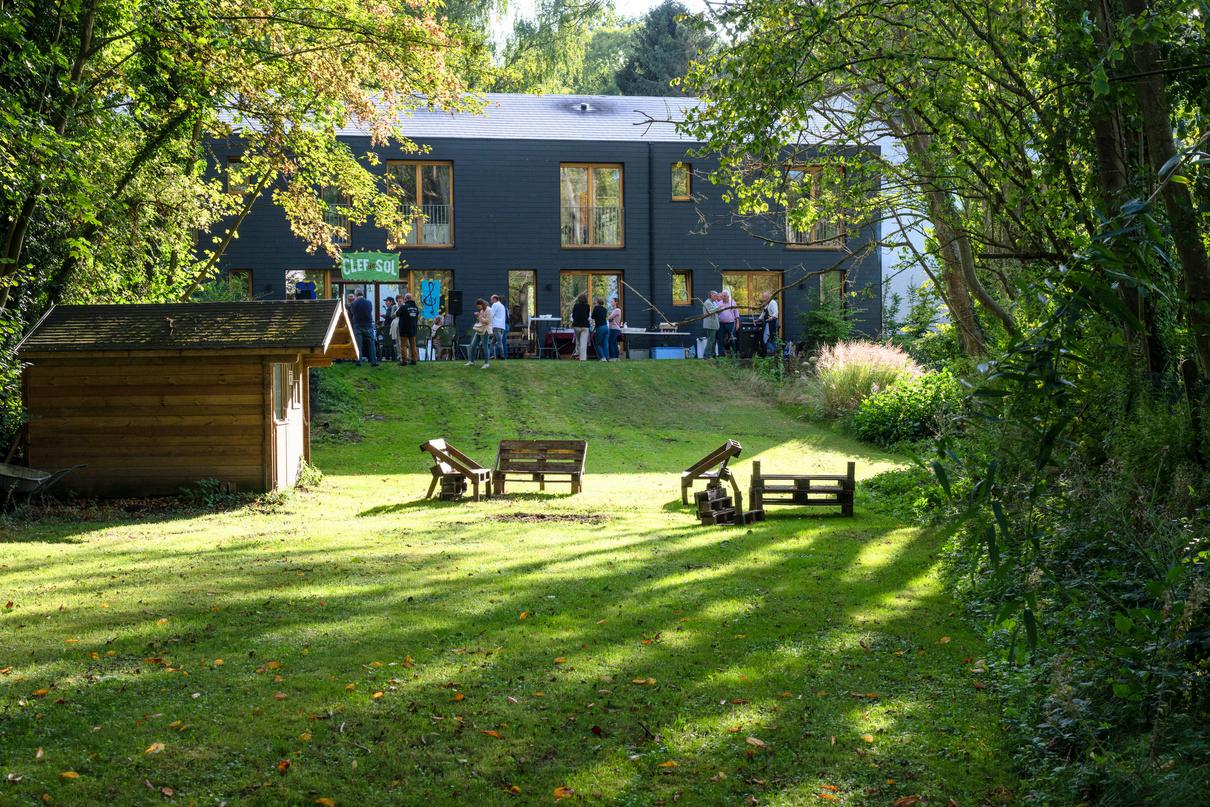
The knowledge transfer can even become an extension of our mission At the core, we support quality of life, once parents pass away The housing dimension is only a part of it Moreover, like an alpinist, we also need to know our limits
Exchanges are ongoing Belgium More
should follow, eventually even on a
European level
In parallel, we also want to develop more
activities in the housing projects to
reinforce the cohesion between people.
That’s essential
Can you share one experience from the last years that still makes you smile?
There have been many One gem might
have been the recent collaboration with
musicians through art workshops It was
a very intense experience that revealed
everyone's talent for singing, playing
music, storytelling and other things
Thanks to our new Fund Auxilia, we will
continue to develop these activities that
encourage learning and citizenship within our housings
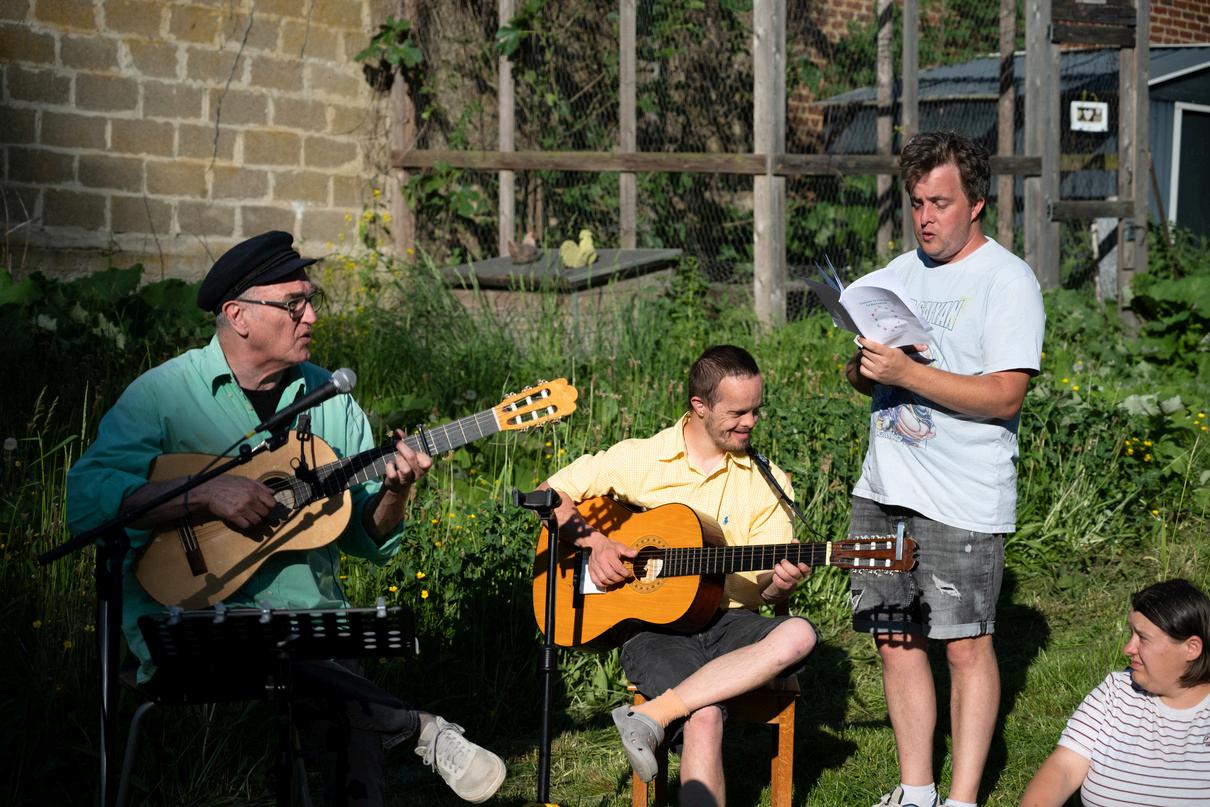
Our housing projects are also attracting
interest from leading architecture
schools such as La Cambre. Young
architects joined us in the Molenbeek housing project to do socio-architectural observations While they mostly
confirmed our observations, it was really interesting to receive feedback from an external eye
More generally, there have been a lot of learnings, for example on how people
circulate in the spaces, or the balance between shared moments and autonomous living In our first building,
for example, we had a gigantic shared
space on the ground floor While it might
feel inspiring and stimulating at first, it
appeared that inhabitants really value
having their own space That was really
interesting Now, we limit the shared
space to 50 m ²
What is the dream for the future?
Good question As such, collaboration is part of our DNA Seeing other foundations or organisations replicate
our model would be a great satisfaction
In an ideal world, such projects should be easier to set up It should be less
heavy, financially and administratively It would be nice to see the involvement of
public instance grow further, as well as
support from families with strong
financial means
The dream would be that we evolve from
having one project per province, to
having one project in every commune in Belgium
Pascale Gonda
Fondation Portray pour l’après-parent
For more information on Fondation
Portray pour l’après-parent: https://www fondation-portray be/
